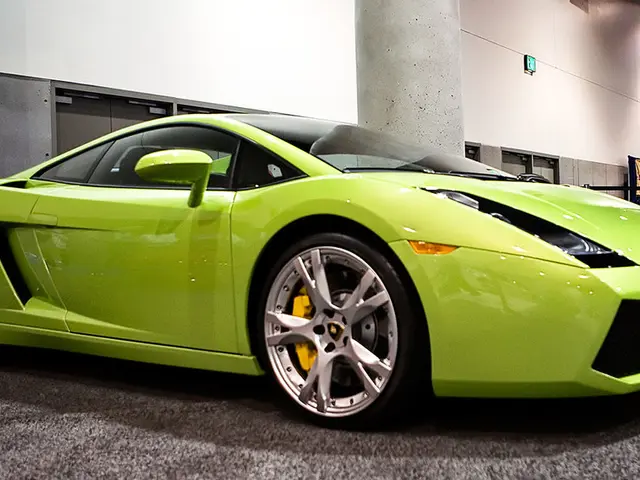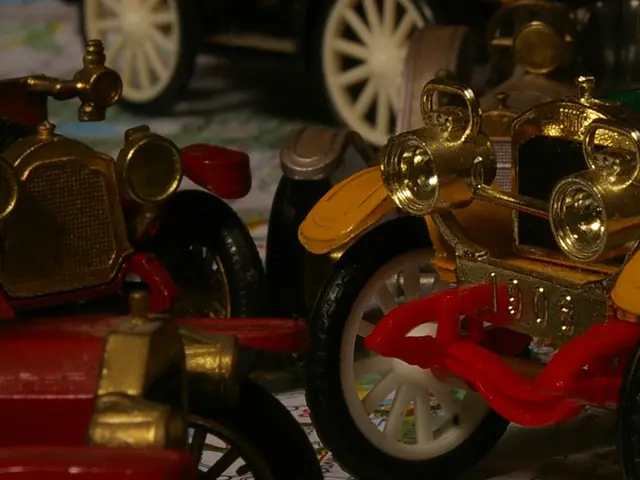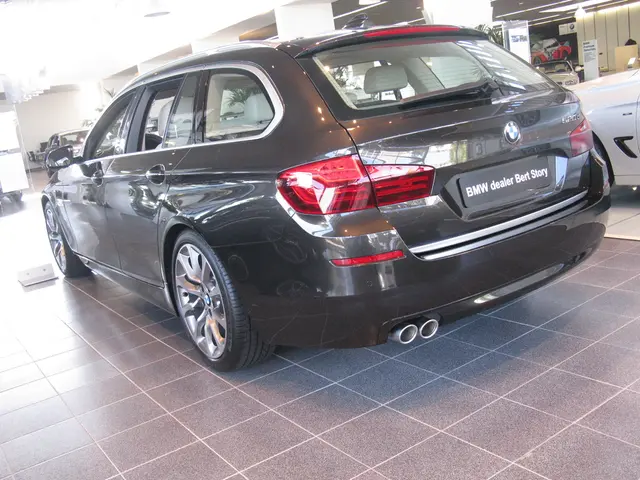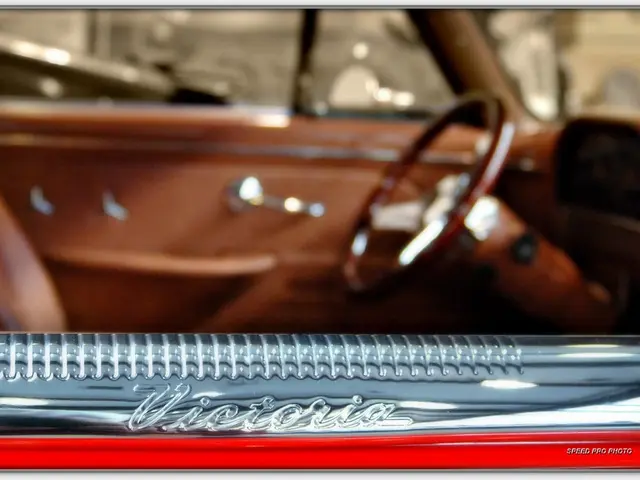Driving in the Wendland: Understanding the Cleanest and Dirtiest Cars
In Wendland, the filthiest vehicles are on the move. - Filthiest Vehicles Navigate Through the Wendland Region
Here's the lowdown on the cleanest and dirtiest cars roaming around the Wendland region of Lower Saxony, Germany. Buckle up, as we delve into the world of emissions and automotive demographics!
While Lower Saxony boasts the cleanest cars nationwide, it also harbors some of the dirtiest ones. Statistics from the Federal Motor Transport Authority (KBA) reveal that the exhaust emission standard in the existing fleet varies significantly across different registration districts. In the Wendland, Lüchow-Dannenberg stands out as the region with the highest proportion of vehicles adhering to the older exhaust technology, with a staggering 33.7% registered under the Euro 1 to Euro 4 standards. Nienburg and Salzgitter follow closely at around 30% each.
On the flip side, Wolfsburg boasts a cleaner fleet, with only 10.9% of its cars registered under the older exhaust standards. This automotive haven enjoys a clear advantage due to the numerous self-registrations and company cars, primarily VW vehicles, which typically are relatively new. VW employees also benefit from special purchasable conditions for new cars, which further contributes to the cleaner fleet. In this city alone, VW employs around 60,000 individuals out of a total of approximately 130,000 inhabitants.
Automotive cities tend to be home to cleaner vehicles. When considering the proportion of pure electric cars and vehicles adhering to the relatively new Euro 6 emission standard, Wolfsburg leads the pack with a whopping 77.2%. Munich (BMW), Ingolstadt (Audi), and Stuttgart (Porsche and Mercedes) follow closely, with 62.7% to 64.8% on placements three, six, and seven. In some cases, income might also play a role here, as affluent areas tend to see more new and cleaner cars purchased.
It's worth mentioning that regions with strict Low-Emission Zones (LEZ) and diesel bans tend to have cleaner exhaust emissions. Cities that don't enforce such rules or have more relaxed regulations often harbor more polluting vehicles. For instance, Stuttgart boasts cleaner emissions due to its stringent diesel ban within its LEZ, banning vehicles with diesel engines that don't meet the Euro 5 or higher emission standard since 2019, and only admitting diesels complying with the Euro 6 standard or higher since 2020. Regions without comprehensive diesel bans or stringent emission requirements for older diesel vehicles are likely to be considered "dirtier" in terms of exhaust emissions.
So, there you have it – a brief overview of the cleanest and dirtiest cars found in the Wendland and other regions in Germany. Keep these insights in mind when choosing your next set of wheels, and stay green on the roads!
- The Community policy must address the implementation of stringent emission standards to minimize the number of dirty cars, similarly to the Low-Emission Zones (LEZ) in cities like Stuttgart.
- Employment policy in automotive cities, such as Wolfsburg, could consider incentives for the purchase of electric vehicles or those adhering to the Euro 6 emission standard, to shift towards a cleaner fleet, as seen in their current high adoption rates.
- The science behind environmental-science and finance could collaborate to identify the economic benefits of implementing policies aimed at reducing exhaust emissions, which may lead to industry-wide improvements in the quality of vehicles.
- While studying the lifestyles of Wendland residents, researchers in the field of environmental-science might find it valuable to investigate the reasons behind the higher percentage of older, dirtier cars in certain registration districts like Lüchow-Dannenberg, Nienburg, and Salzgitter.








